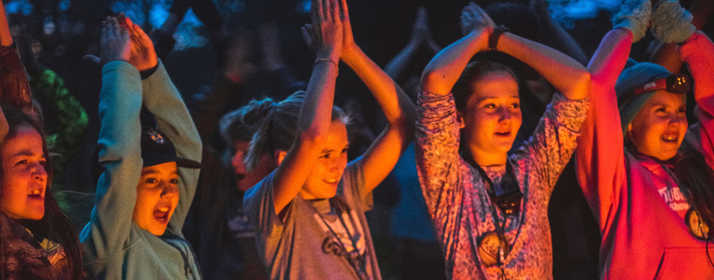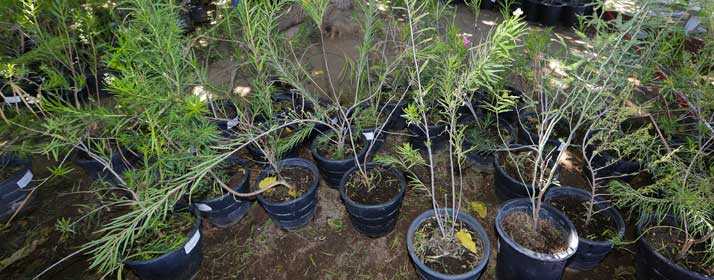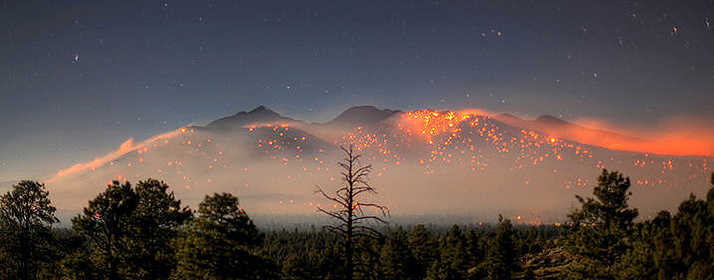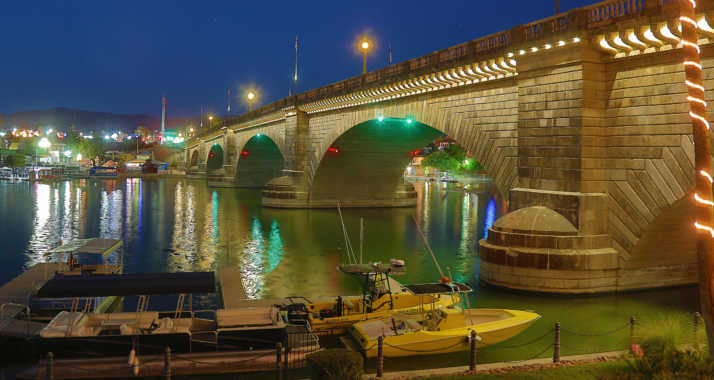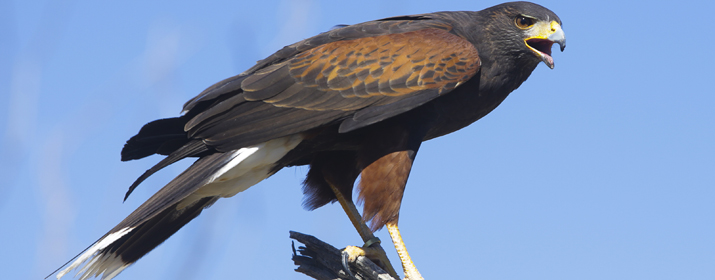
UniSource Energy Services takes steps to safeguard birds and other wildlife from our electrical lines and equipment.
Raptors or large birds of prey – such as owls, hawks, ravens and vultures – favor utility poles for perching, nesting, hunting and socializing. Their large wingspans make them more susceptible to electrical hazards. Even smaller birds like to perch on poles and lines.
During nesting season, debris from their nests can fall onto electrical equipment and cause fires that can result in power outages. This occurred multiple times in one week earlier this spring in Kingman.
UniSource’s Wildlife Protection Program mitigates electrical dangers for birds and other animals. As a standard procedure, UniSource installs insulated protective material on all new, upgraded and repaired equipment or whenever a hazard is reported.
UniSource’s protocols were adopted from our sister company, Tucson Electric Power, which has worked closely with University of Arizona biologists for nearly two decades to develop approaches for reducing electrical hazards for raptors. UniSource also works closely with the local offices of Arizona Game and Fish.
UniSource crews will remove inactive nests near our poles and equipment as a precaution to reduce and prevent potential incidents.
“Our crews try not to disrupt any active nests, but if birds are in the process of building one or we see an empty nest, we will remove it to deter them from settling in that location,” said Lynne Petersen, Director of UniSource Electric Service for Mohave County.
If we discover an active nest, crews wait until the fledgling chicks have left before removing it. In a few instances, active nests may be moved to safer locations.
“We only move active nests if their location presents an imminent danger to the birds, our facilities, the public or our employees,” said Larry Weigel, a Transmission & Distribution Supervisor who coordinates the Wildlife Protection Program.
In areas of known raptor activity, crews install artificial basket nests in safer locations to coax the birds to nest there. “We do as much as we can to minimize electrical hazards for these birds,” Weigel added.
UniSource also attempts to safeguard burrowing or ground animals by blocking access to our equipment. Concrete pads under our transformers or buried fencing may be installed, and doors, cracks and openings are sealed shut.
Customers can help us in our efforts.
Don’t place food or water near electrical equipment, which can attract birds and animals to unsafe locations. Immediately report bird or animal nests or activity or dead or injured wildlife near our poles and equipment to UniSource Customer Care at 877-UES-4YOU (877-837-4968) or contact the local office of Arizona Game and Fish.

